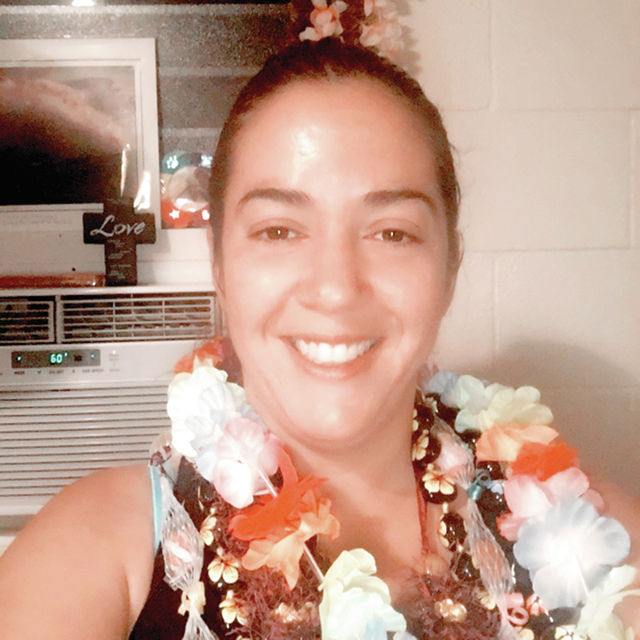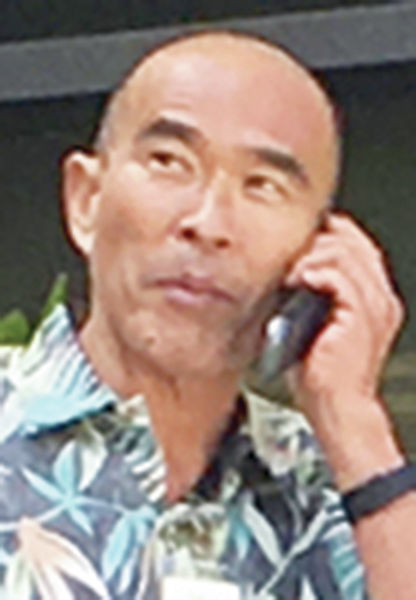HONOLULU — The warden of Kauai Community Correction Center was found not liable on Tuesday of sexual humiliation and discrimination.
A federal jury unanimously decided that Neal Wagatsuma and the state Public Safety Department were not liable in a lawsuit brought by a former KCCC social worker, Carolyn Ritchie, who said female inmates complained to her about Wagatsuma forcing them to watch rape videos and to divulge their sexual pasts while being filmed.
“The jury verdict exonerates Warden Wagatsuma and the state. This warden made efforts to rehabilitate inmates. The jury recognized this and ruled in his favor,” said Doug Chin, attorney general.
Ritchie also said female inmates were not allowed to participate in the work furlough program and said she was forced to leave her job as a result of her complaints, according to the 2014 complaint.
The jury also found that the warden and PSD acted appropriately in their supervision of an award-winning Lifetime Stand program and the KCCC work furlough program, according to the Department of the Attorney General.
The jury’s verdict disposes all of the plaintiff’s claims against the warden and the state, according to the release.
During the 16-day trial on Oahu, Wagatsuma, who became warden in 1995, said he showed inmates violent sexual films as part of a “shame therapy” program he invented.
Films like “Finding Mr. Goodbar,” were not pornography, and were used to discourage male inmates from committing rape and to teach female inmates how to lower their risk of becoming victims, said Hawaii Deputy Attorney General Bosko Petricevic.
The state presented evidence that the warden did not show pornographic movies to female inmates, did not force anyone to disclose information about their sexual past, did not shame any inmates, and that both male and female inmates were allowed to participate in the work furlough program, the release said.
Lori Tamayose, a former KCCC inmate, said there was always a meaning behind the movies he showed them. “They’re not X-rated. We didn’t go to jail for little things and we’re adults,” she said. “I didn’t feel offended in any way.”
No one was forced to take part in the program, Tamayose added.
“He taught us coping skills to deal with life on life’s terms. In the daily meetings with him, he taught us what we already knew, but didn’t know how to apply to our own lives,” she said. “No fairy tales, no lies, just the harsh reality of how life really is.”
Farah Mongeau, another former KCC inmate, said she didn’t see any instances of the alleged sexual shaming.
“I was in jail when the lawsuit was filed. Immediately, I came to his defense,” she said. “I never saw anything. It wasn’t true.”
Wagatsuma worked to make the jail a safe space for the inmates, Mongeau added. “The inmates there don’t feel threatened, and that’s almost unheard of,” she said. “He believed in us when we didn’t believe in ourselves, and that’s important for people who are lost, broken and in the system.”
While Niquitta Kilmer said she didn’t always like to hear what Wagatsuma had to say, it was the truth.
“The program is meant for those inmates who want to work on themselves and learn how to cope with life in healthy ways,” she said.”We were never forced to watch sexual aggressive movies porn. In fact, a lot of people probably own the same movies in their own homes.”
Wagatsuma saved her life, Kilmer said.
“I am thankful and can proudly say that in May of this year, I celebrated five years sober and have rebuilt the relationships with my family that I have severed through my addiction,” she said. “None of this would have been possible without the warden.”
When Phillip Nash was taken to the KCCC, he didn’t care for other people’s lives or his own.
“My life was messed up. I was into guns and drugs. I was insane, really,” he said. “I was selfish, ungrateful, evil and mean. People’s lives didn’t matter to me. Their property didn’t matter to me. I didn’t care, and did anything to continue my path of destruction. Then I met Neal (Wagatsuma).”
Wagatsuma wasn’t scared of him, Neal said.
“I don’t know how he did it, but he was able to reach me and understand a lot of things about me without me saying anything. He had a magical way about him,” he said.
Wagatsuma made him answer the tough question, ‘then what,’ which made him think about life after getting out of KCC.
“He made me accountable,” he said. “He gave me opportunities to experience what it was like to be honest and the importance of it. “He taught me how to be grateful for my life.”
Federal district judge Leslie Kobayashi presided over the trial.
Petricevic, along with Deputy Attorney General Nelson Nabeta represented the state defendants. Ritchie was represented by attorney Margery Bronster.






